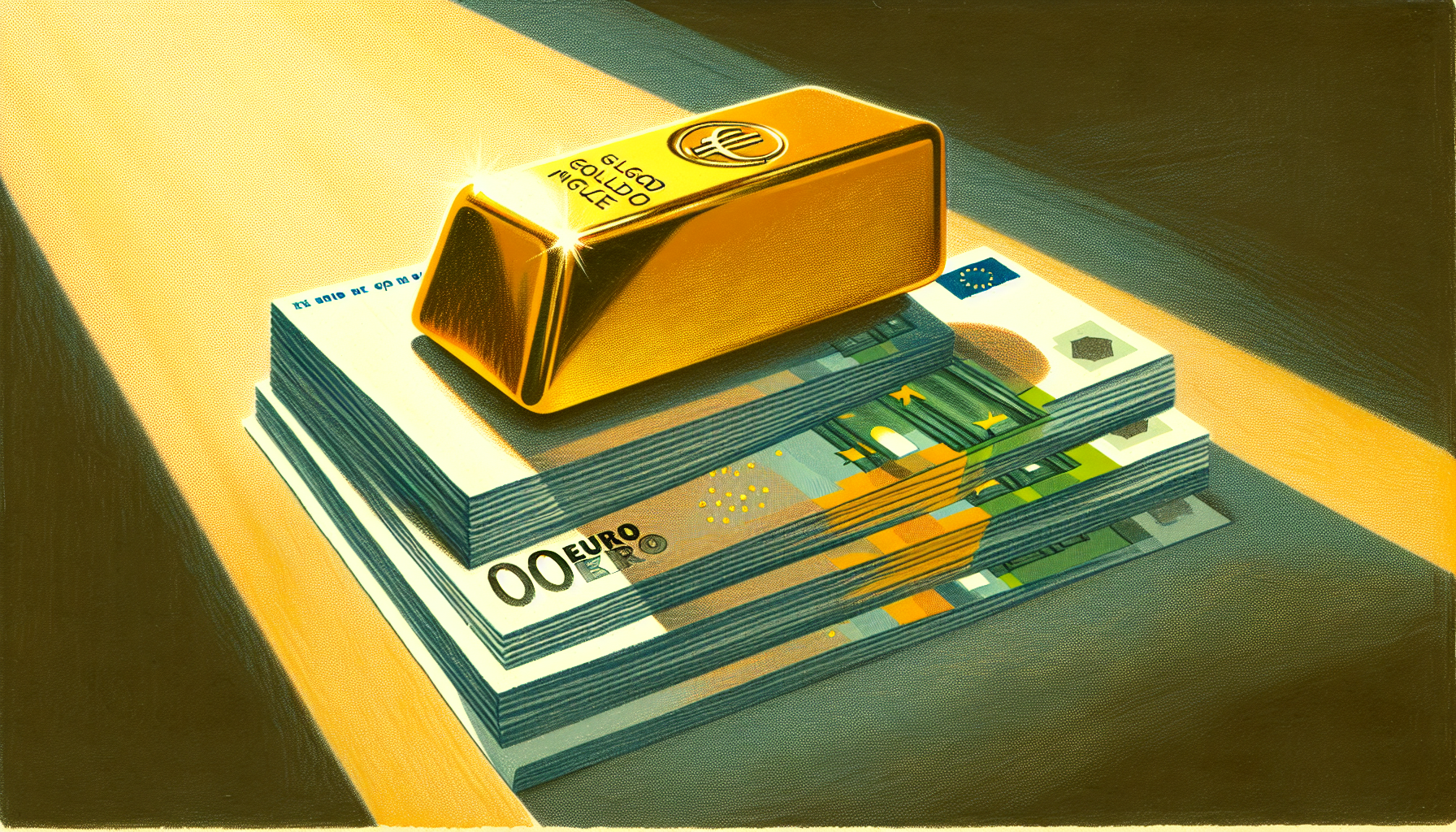Gold is now the world’s second-largest reserve asset. Central banks are holding more gold than euros amidst global trade tensions and market volatility, according to a report from the European Central Bank (ECB). In 2024, gold purchases doubled compared to the past decade’s average, with central banks acquiring over 1,000 tonnes throughout the year. The metal’s price surge, reaching about $3,343 per ounce, has led gold to comprise roughly 20 per cent of global foreign reserves, while the euro accounts for just 16 per cent.
ECB economists have cautioned about the importance of remaining vigilant, despite no significant changes in the euro’s international usage. They highlighted the accelerated accumulation of gold by central banks and noted some countries are exploring alternatives to traditional payment systems. A connection between geopolitical alignments and shifts in trade invoicing currencies, especially since Russia’s invasion of Ukraine, was also observed.
Survey data revealed that two in five central banks invested in gold to guard against global tensions. India and China were prominent gold purchasers last year, increasing global reserves to approximately 36,000 tonnes in 2024, nearing the 38,000-tonne peak of the mid-1960s when currency exchanges were tied to the US dollar and gold.
The ECB also mentioned the growing use of alternative payment systems after BRICS+ leaders, including China’s Xi Jiping, Russia’s Vladimir Putin, and Brazil’s Lula da Silva, decided to develop cross-border structures using local currencies. Former President Trump’s endorsement of cryptocurrencies poses another challenge to the euro, as these could alter international currency demand.
The ECB report urged its officials to actively preserve the euro’s reliability as a value store. The priority should be advancing the savings and investment union to fully leverage European financial markets. Removing EU barriers is crucial to enhance euro funding markets’ depth and liquidity, essential for wider euro use. Planned EU-level bond issuance, as Europe assumes control of its defence, could significantly contribute to these goals.




